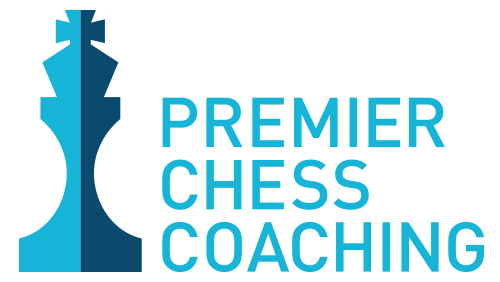“The one thing we know about Elizabeth Harmon is that she loves to win.” – The Queen’s Gambit. TV Mini-Series, 2020.
Over the past few months, millions of people all over the world have been watching the amazing story of Elizabeth Harmon, the orphaned chess prodigy. Beth (Elizabeth) has never studied chess formally, instead she was introduced to the game by Mr. Shaibel, the janitor at her orphanage, and learned the rest herself. Yet, only thanks to her friends she was able to defeat the world chess champion Vasily Borgov.
So what can we learn from the popular Netflix show about chess and success?
Never Underestimate Your Opponent
Beth was a complete surprise to the world. “Girls do not play chess.” Mr. Shaibel told her. In spite of the trials of the times, Beth never gave up and proved to the world that an orphan girl, who became a beautiful “prima donna” woman, can beat the most experienced chess players in the world. Our advice to you – never judge your opponent (on chess, business and life in general) just by their first impression – you may be surprised!
The Power of a Group
Although Beth made friends, she stated that she “is fine being alone” and preferred to do it her way. Yet, only thanks to her friends, did she manage to recover from the grips of drugs and alcohol to get a hold of herself. Once she recovered, her friends helped her to prepare and win her most important game against the world chess champion Vasily Borgov. Our advice to you: Even if you are a lone wolf, and feel that you are more productive on your own, build a network of people who can be there for you. Regardless if these are your friends, family, or your chess coach, listen to what they have to say! Sometimes a different perspective can change the way you play.
Strategy, Strategy, Strategy.
Well… this is an obvious one when it comes to chess… yet, we are hard pressed to ignore it. During the show, you can clearly see that although Beth trusted her intuition whenever she had the chance, she did so on the back of her strategy. She watched and analyzed games, read books, and took the time to learn about her opponent’s weaknesses and tactics.
Chess Can Also Be Beautiful
“Chess isn’t always competitive. Chess can also be beautiful. It was the board I noticed first. It’s an entire world of just 64 squares. I feel safe in it. I can control it. I can dominate it. And it’s predictable, so if I get hurt, I only have myself to blame.” – Elizabeth Harmon
We just love this statement. It describes what we feel about this game and why we enjoy playing it and teaching kids and adults how to improve their skills. Chess has many benefits, it’s not only about winning, but it also helps you develop your strategy, hone your analytical skills, it helps you be more responsible and patient. We agree – chess is beautiful!


